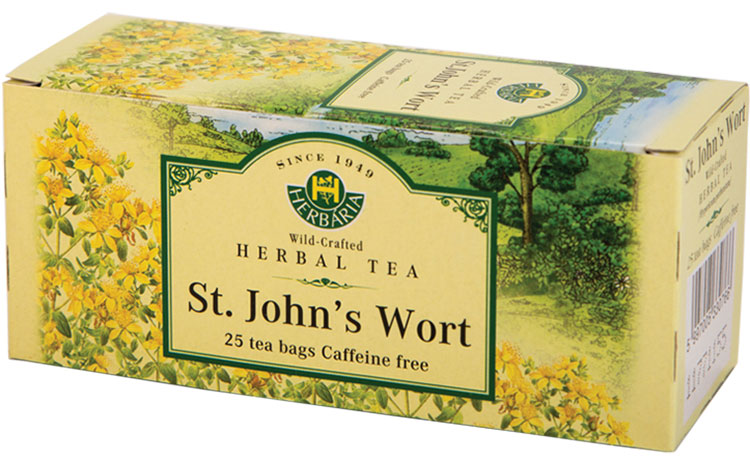By Dr. Rehan Al Taji
An herbal tea a day keeps this silent killer away.
“Stress is not a state of mind… it’s measurable and dangerous, and humans can’t seem to find their off-switch.” These words of warning come from renowned author and award-winning neurobiologist Robert Sapolsky in the documentary “Stress: Portrait of a Killer.”
For many of us, our imbalanced lifestyle, inadequate rest, unhealthy eating habits and zero proper physical activity has placed us in the sights of many silent killers that are ready to trigger at any moment. It is imperative that we identify problems very early on and take measures to prevent them from getting worse. It is all the more important to be proactive and not let these issues occur at all.
Let’s talk about one of the most dangerous of these silent killers: Stress.
Being able to recognize common stress symptoms can give you a jump on managing them. You may think illness is to be blamed for that nagging headache, your frequent insomnia or even decreased productivity at work, when really stress could be behind it all. Stress can cause many negative behaviors, including a change in eating habits, anger outbursts, smoking and social withdrawal. Left unchecked, stress contributes to many health problems, from high blood pressure and heart disease to obesity and diabetes.
In order to combat stress, what you put on your body is just as important as what you put in your body. While they don’t take the place of strong social support, herbs are a wonderful, natural way to help the body and mind to cope with stress. Whether your stress shows up as muscle tension, scattered thoughts, upset digestion or a racing heartbeat, there are traditional herbal remedies to soothe these reactions. Some of the following herbal teas taken after dinner can manage your stress and bring dramatic change in your life.

Chamomile (Matricaria recutita): This humble, apple-scented flower is traditionally taken as a tea after dinner because it’s a nervine that supports digestion. Chamomile has been shown to be a powerful anti-inflammatory—reducing “inflamed” thoughts as well as inflammation in the body.

Lemon Balm (Melissa officinalis): This is called “the gladdening herb” for its ability to uplift and calm at the same time, both as a tea and through its lovely scent. Traditionally, it’s been used to decrease anxiety and ease sadness.

St. John’s Wort (Hypericum perforatum): This makes the sun shine a little brighter as an effective tool for lifting depression. It’s been found useful in mild to moderate depression and traditionally was used to relieve anxiety and lift sadness.









